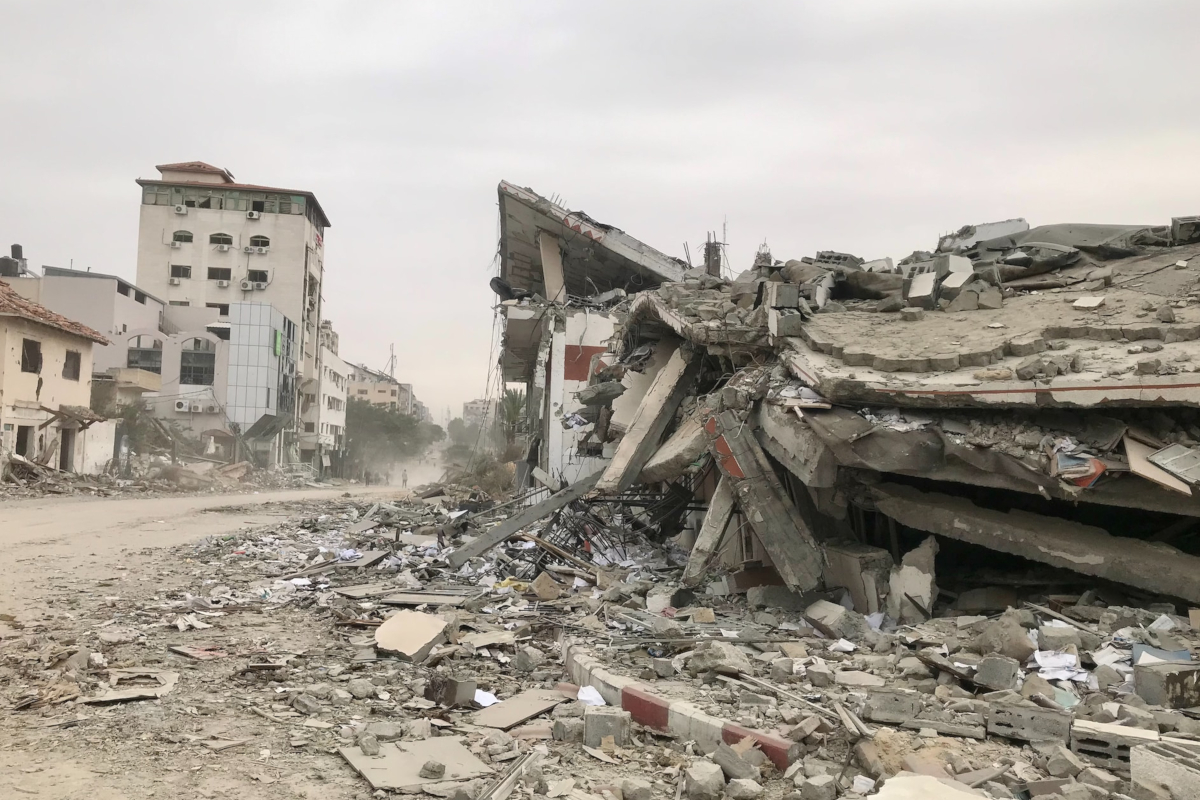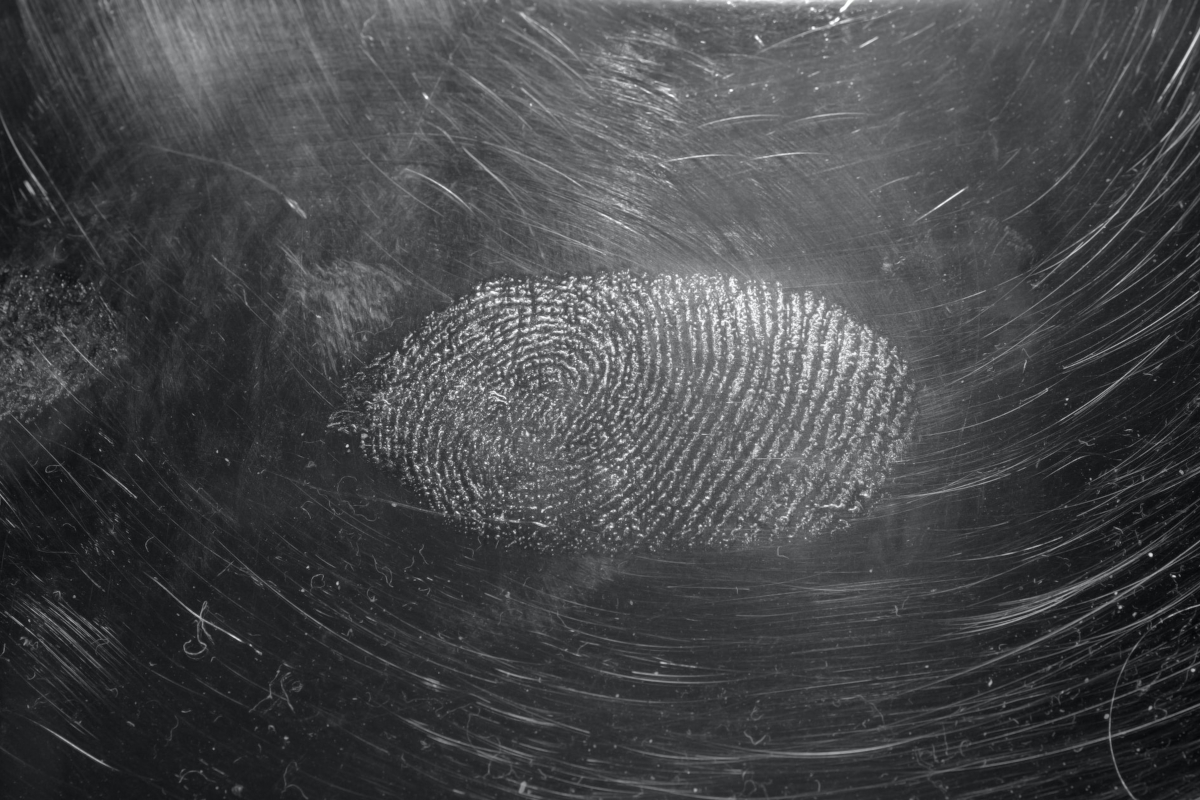EU missions in Palestine ponder role for "day after" Gaza bombardment ends
Topic
Country/Region
10 January 2024
Two reports from EU security missions in Palestine, dealing with policing and border control, indicate that officials are pondering their role in the planning for whatever happens when Israel's bombardment of the Gaza strip ends.
Support our work: become a Friend of Statewatch from as little as £1/€1 per month.
 Image: Emad El Byed, Unsplash
Image: Emad El Byed, Unsplash
The reports were drafted by officials from the EUPOL COPPS mission (which supports the Palestinian Civil Police and criminal justice system) and the EUBAM Rafah mission (which "supports enhanced capacity of Palestinian Authority border agencies" at the Rafah border crossing point).
It remains unclear precisely what will happen once Israel's current military operation - through which "about 4% of the total population of the Gaza Strip—more than 90,000 people" have been killed, wounded or reported missing - is called to a halt.
Clearly hoping for someone else to clean up his government's mess, Israeli defence minister Yoav Gallant has called for the US, European and Arab states to take charge of - and pay for - the reconstruction that will be required following the massive destruction caused by the bombardment.
Under his plan, Israel would control the movement of goods into the besieged strip, while a "Palestinian entity" would be "in charge of governing Gaza," building on "existing administrative mechanisms to help restore operations in the Strip."
EU reports
The EU mission reports do not offer substantial details on what officials see their precise role as in the post-conflict situation, but the EUPOL COPPS report says that "its unique position as one of few still present international peer-to-peer supporting partners in the field of security and justice... raising the EU flag to counter growing anti-western and anti-EU sentiments, and preparing for the day after tomorrow," means it is "maybe even more relevant as a Civilian CSDP [Common Security and Defence Policy] Mission post-7 October than it was right before."
However, it goes on to note that the mission supports bodies that are under the control of the Palestinian Authority (PA), and that "already before the watershed moment of 7 October, the PA was not held in high esteem among the population of the West Bank. It is reasonable to assume further damage to its reputation as a result of the catastrophic recent events."
Nevertheless, many international actors appear to be banking on being able to grant the PA an increased role after the end of the military operation.
The EUBAM Rafah report notes that "discussions among the international community about the ‘day after’ and the return of the PA as the solely legitimate and international recognised authority to Gaza have started," and that this "includes the EUBAM Rafah Mission as such as well as in consideration of its dedicated ‘Third Party’ observer role at the RCP [Rafah Crossing Point]."
The EUBAM Rafah head of mission, Nataliya Apostolova - who recently took on the role after leaving the same position at EUPOL COPPS - writes in the report:
"I continued to liaise with representatives of EU Member States, local authorities, the PA MoI [ministry of interior], USSC [US Security Coordinator], and other actors on the ground to stay informed, to explain our mandate and to discuss possibilities of engagement for now and the ‘day after’. Although there are many discussions ongoing, also including the role of EU and EUBAM Rafah, it is too early at this stage to make a concrete assessment. However, the Mission has started to assess potential engagement strategies for the period following the current one."
Two-state solution
While the EU's official position is for a two-state solution - referred to by foreign policy chief Josep Borrell as "the only viable one we know" - the EUPOL COPPS report indicates that statements of support for Israel's military assault from EU and member state leaders have clearly had an effect on local opinion.
"Mission counterparts currently reject or avoid further cooperation with the Mission/EU in protest against what they perceive as EU double standards. The Palestinian network for female prosecutors is a case in point," says the report.
The report does not mince its words when it comes to the situation in the West Bank, however: "The Palestinian people are faced with systematic attacks and extreme surveillance by IDF and armed settlers which, as indicated by local representatives, is being encouraged by the deep-rooted culture of impunity."
Security coordination
However, the PA itself has also been accused by Amnesty International of committing multiple human rights abuses - the organisation said in 2021 that the PA was engaged in "a chilling campaign of repression cracking down on peaceful protests with unlawful force, targeting journalists, civil society activists, and lawyers with arbitrary arrests and torturing detainees"
Critics of the PA see it as inherently intertwined with the Israeli occupation due to the policy of "security coordination" that requires the sharing of intelligence with Israeli authorities.
The EUPOL COPPS report hints at this problem, albeit indirectly, noting that the attempt to introduce "information-led policing" to Palestinian Civil Police operations has faced multiple obstacles including "resistance to generation of information potentially vulnerable to abuse by occupation authorities".
Documentation
- EUPOL COPPS Six-Monthly Report 2/2023, 1 June to 30 November 2023 (EEAS(2023) 1455 in Council doc. 17024/23, RESTREINT UE/EU RESTRICTED, 20 December 2023, pdf)
- EUBAM Rafah Six-Monthly Report 2/2023, 1 June 2023 to 30 November 2023 (EEAS(2023) 1456 in Council doc. 17025/23, RESTREINT UE/EU RESTRICTED 20 December 2023, pdf)
Our work is only possible with your support.
Become a Friend of Statewatch from as little as £1/€1 per month.
Further reading

EU: Hamas ban plan sparks concerns of crackdown on pro-Palestinian action
A Franco-German-Italian plan setting out proposals to counter the activities of Hamas at both EU and global level has raised concerns that governments may use it as a justification for further attacks on pro-Palestinian protest and campaigning. The document outlines strategies ranging from restricting resources to banning support networks.

USA border plan requires “continuous and systematic” transfers of biometric data
Last year, it was revealed that the USA planned to launch Enhanced Border Security Partnerships (EBSPs) with other states around the world, seemingly targeting the EU, UK and Israel first. These would involve “continuous and systematic” transfers of biometric data to the USA for the purposes of immigration and asylum vetting, says a recent Council of the EU document obtained by Statewatch.
Spotted an error? If you've spotted a problem with this page, just click once to let us know.
